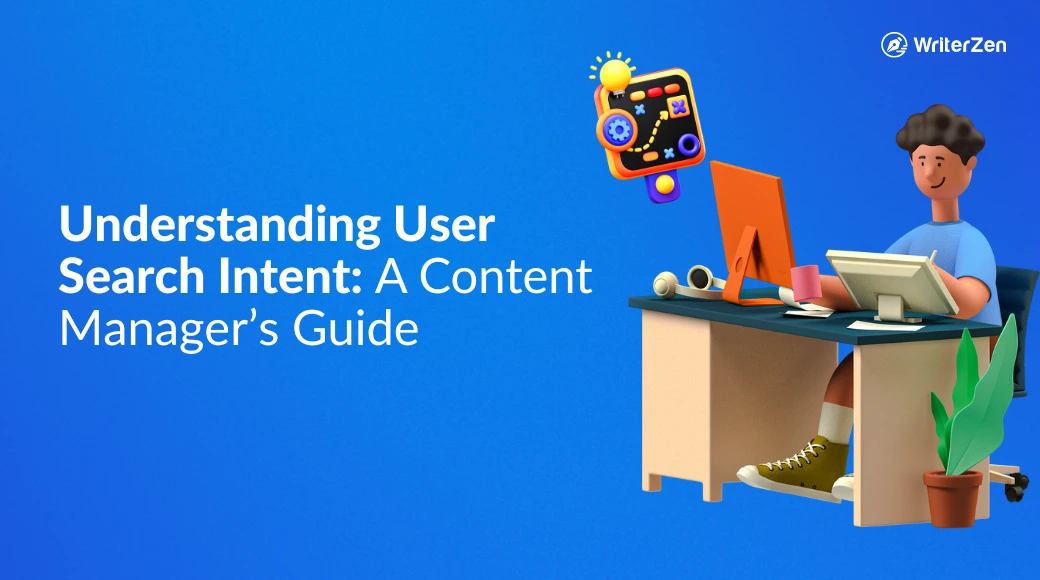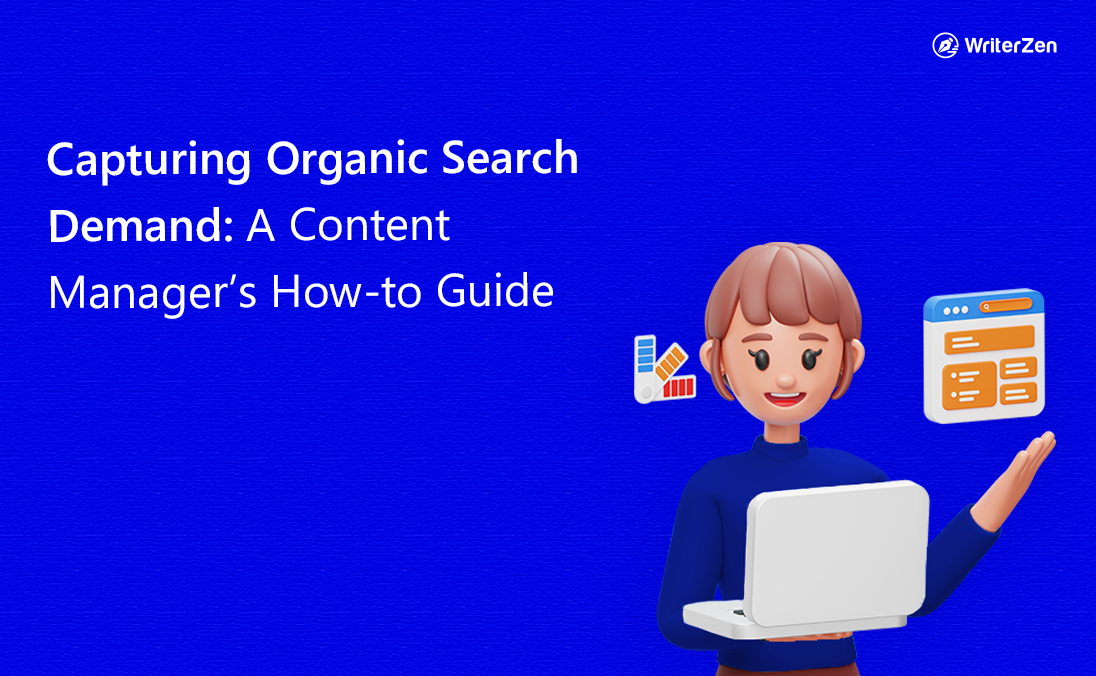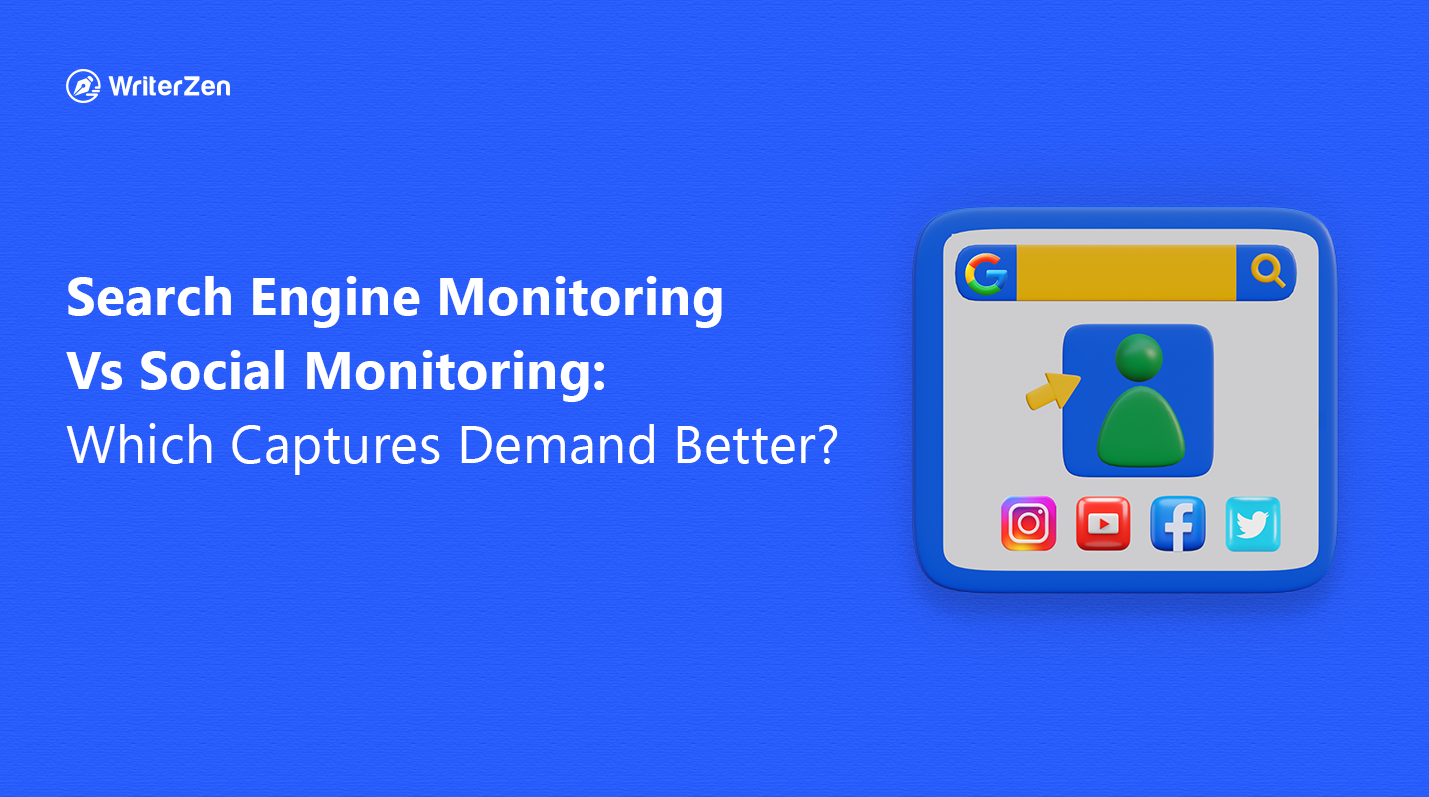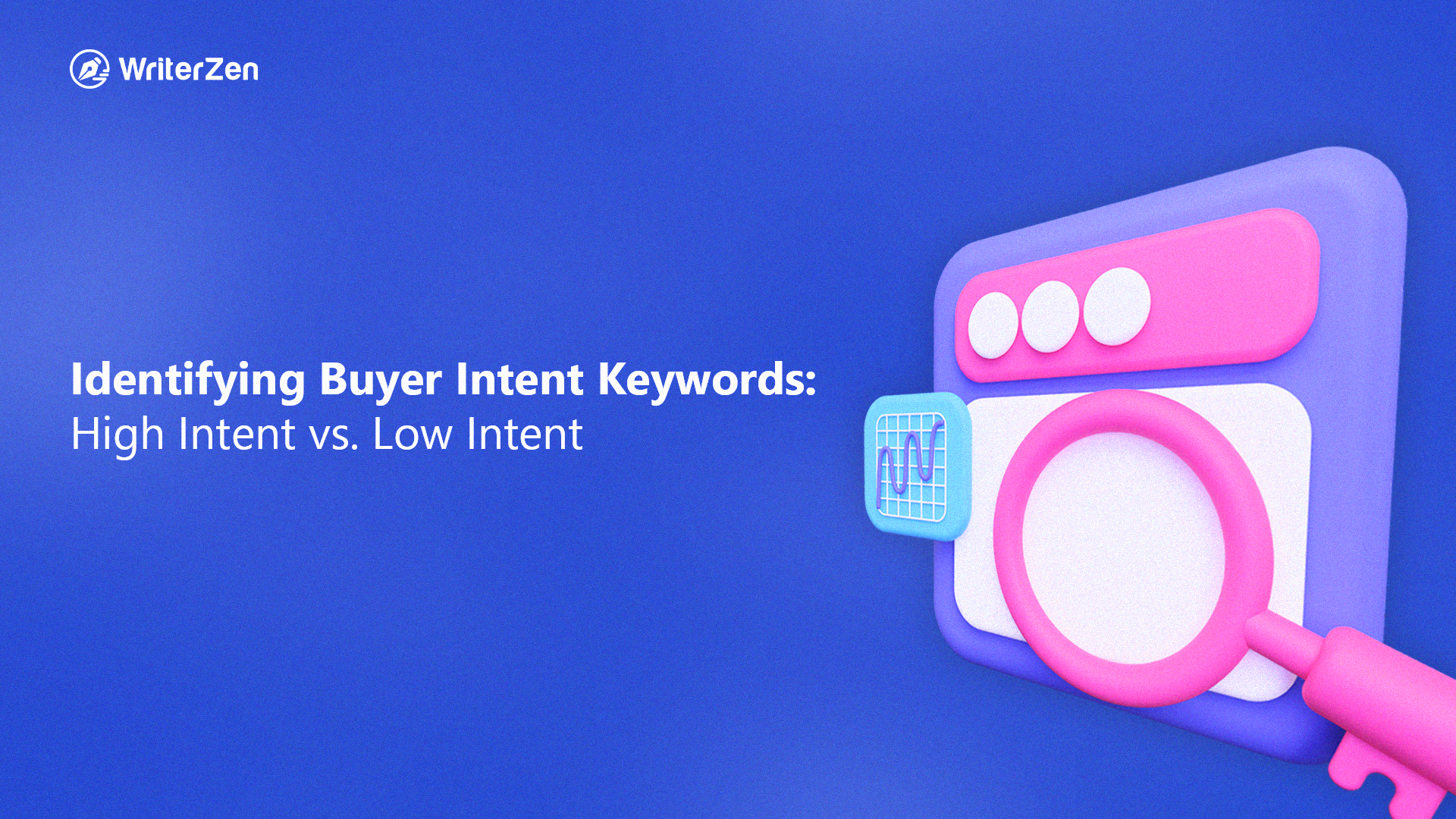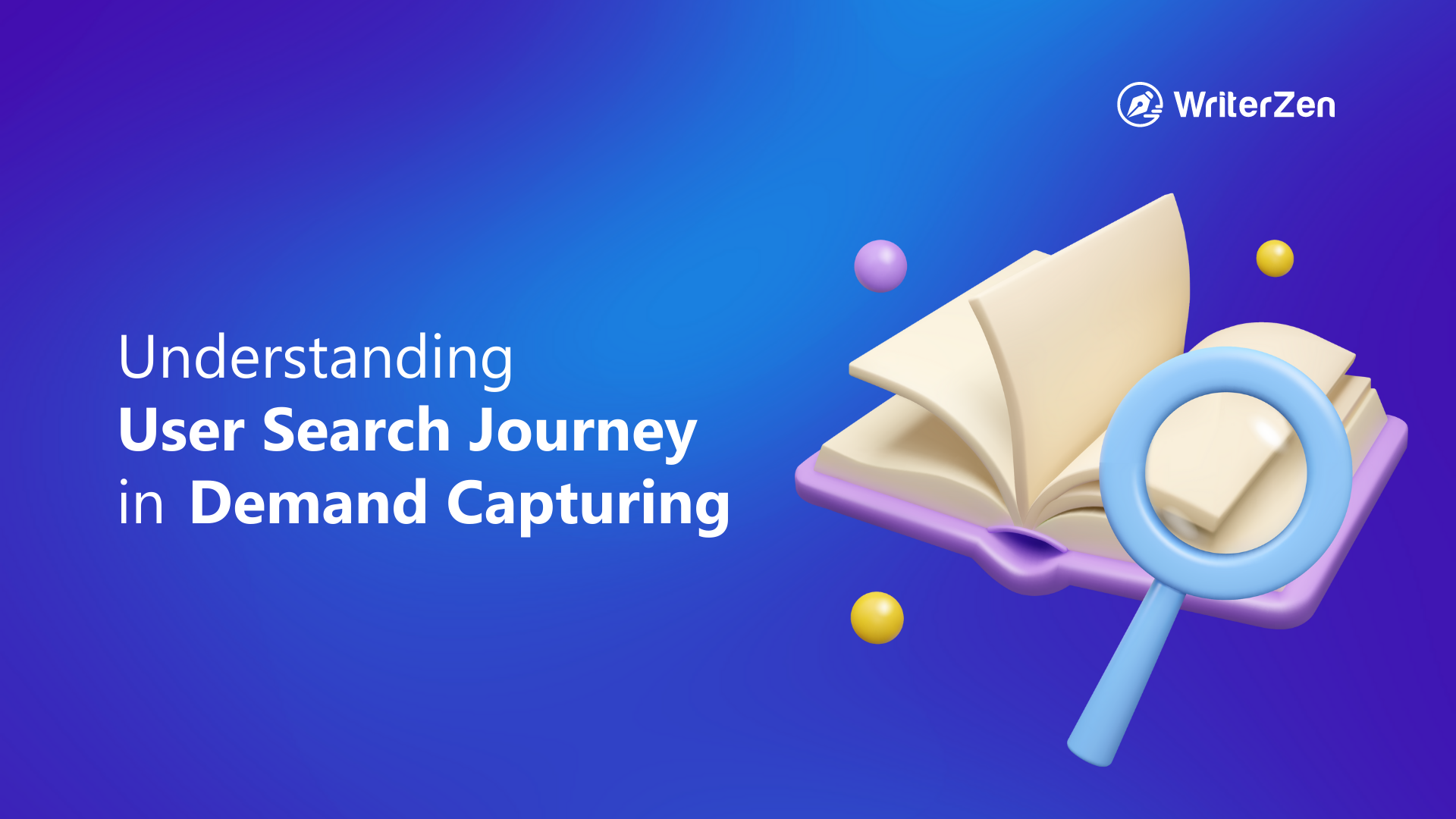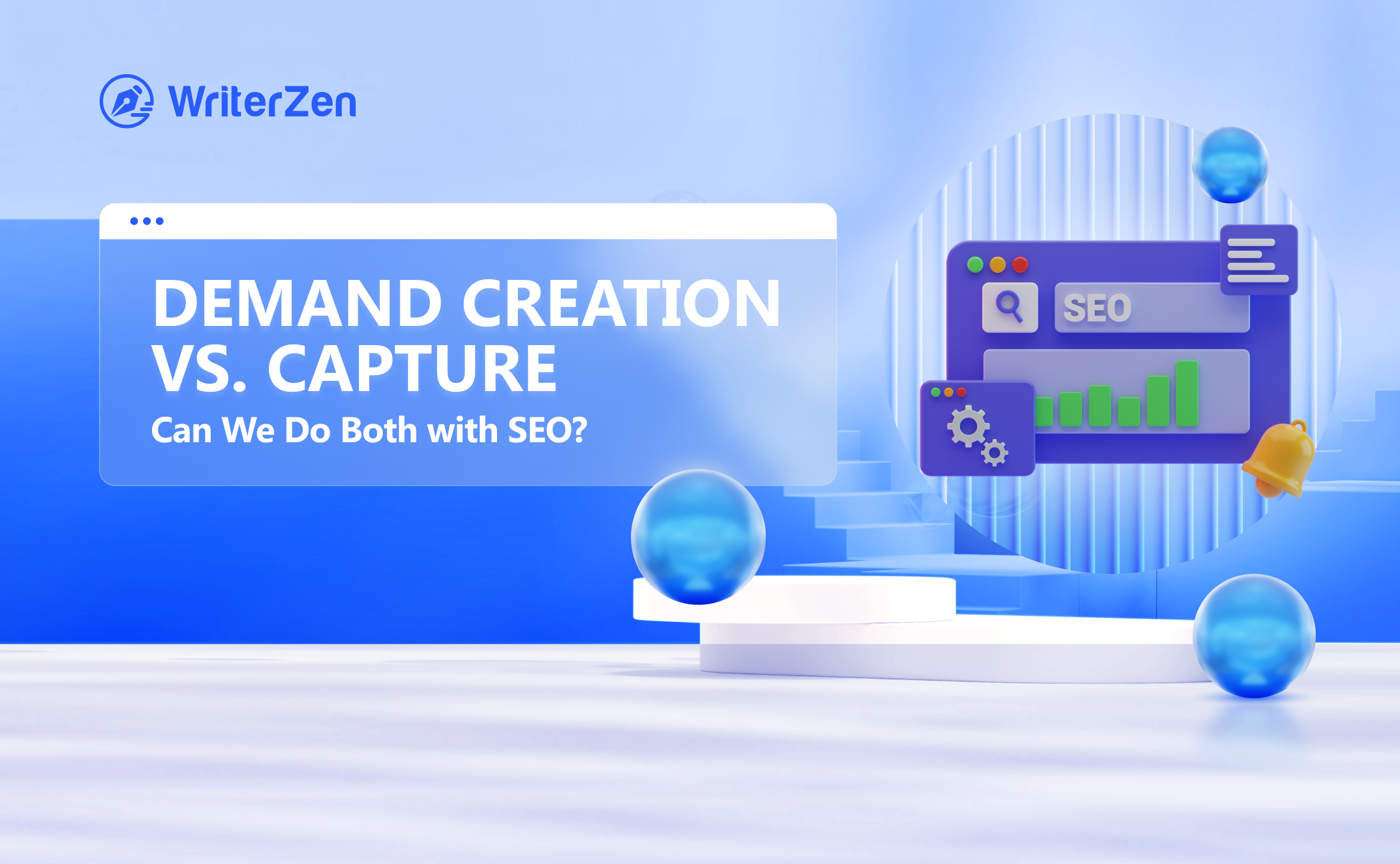Search query is an important tool for marketers to understand their customers and optimize their online presence. Learn how to make the most of it in this blog.
What Is a Search Query?
In simpler terms, a search query is the text that someone types into a search engine when they are looking for information on a specific topic.
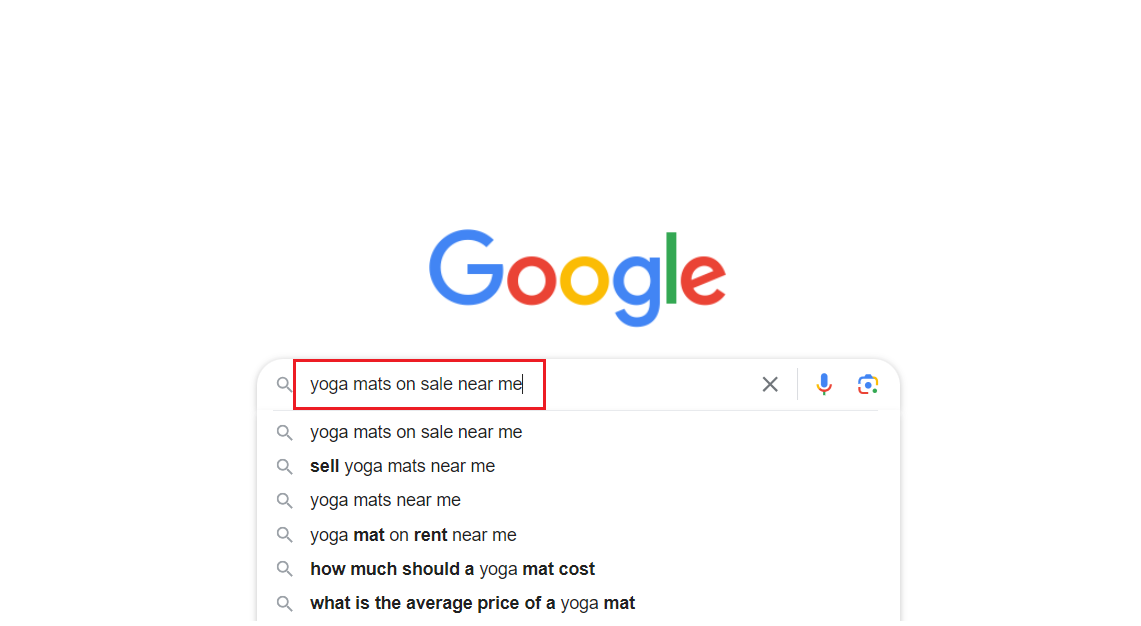
It acts as a question or an expression of what the user is seeking, whether it's an answer to a question, a product, a service, or general information on a topic. Search engines like Google, Bing, or Yahoo process these queries using complex algorithms to return the most relevant results to the user.
Search queries can range from simple, consisting of just one or two words, to more complex phrases or questions. They can also include specific commands or operators that help refine the search, making it easier for the search engine to understand the user's intent and deliver more accurate results.
Search Queries vs. Keywords
People often use the terms search queries and keywords interchangeably, but they are not synonymous.
Search queries are a more extensive set than keywords cause users can search for the same content in many different ways. Meanwhile, keywords are the terms that marketers use to target certain audiences. For example, a search query could be "how to make a cake," while a keyword could be "baking supplies."
The core difference between the two is that search queries are about a user's action, while keywords are about a marketer's action.
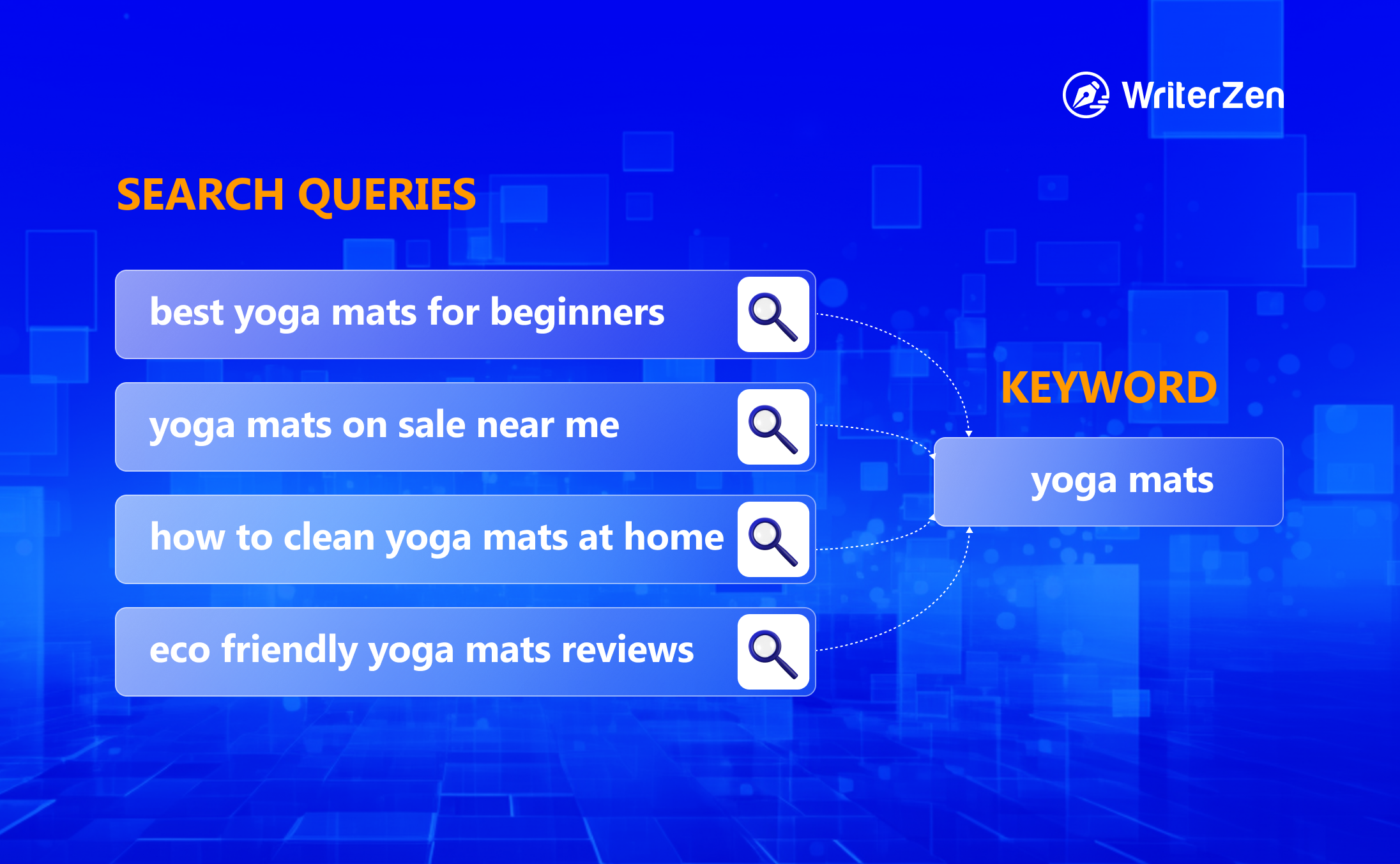
Four Main Types of Search Queries and How to Target Each Type
Informational Queries
Informational queries are searches that are made to find information or answers to questions. Generally, these types of queries are made by users who are looking to broaden their knowledge or learn more about particular topics.
For example, someone may search "What is the capital of France?" or "How do I make a cake?".
The best way to aim for informational queries is to create various types of content, such as how-to videos that relate to your business, step-by-step guides that explain crucial processes, or infographics that illustrate essential concepts.
The key is to be creative and establish yourself as a trustworthy and authoritative source of information. You should focus on building brand awareness rather than pushing your products on the searcher. By answering a searcher's questions, you increase the chance that they will view your brand positively and turn to you when they need your services or products.
Navigational Queries
Navigational queries are search terms used to find a specific website or web page. These queries are typically used by users who already know the website or page they are looking for and are simply trying to locate it.
Examples of navigational queries include searching for a company's website, such as "Apple website," or searching for a specific page, such as "Facebook" or "Youtube."
It isn't easy to aim for navigation search queries as they are brand-specific, and users already know which website they want to visit. If your website is not the one they are looking for, you won't be able to fulfill their needs.
The only way to optimize for navigation search queries is to ensure that your website is at the top of the search results for your brand. It is important that your website has user-friendly navigation and menus that aid users in locating information. Using descriptive and branded page titles, meta descriptions, and URLs can also help users quickly identify your website in search results.
Transactional Queries and Commercial Queries
Transactional queries are searches that are made with the intent to complete a transaction or purchase a product. These queries are typically made by users looking for a specific item or service, such as a new laptop or a local restaurant.
Examples of transactional queries include "buy a laptop online" or "order Chinese food near me."
Meanwhile, commercial queries refer to searches made by users who are looking to explore or investigate a specific product/ service in order to purchase.
Commercial and transactional queries often overlap. This overlap can be seen in many areas, such as when a customer is looking to purchase a product but needs more information before making a decision.
For example, the customer may ask a transactional question, such as "the cost of the product", as well as a commercial question, such as "the product's review". In this case, the customer is looking for both transactional and commercial information in order to make an informed decision.
To effectively target transactional and commercial queries, it is recommended to use both organic and paid search strategies.
Optimized product pages and local SEO can be effective for organic content, but PPC campaigns can also deliver results. Sponsored ads occupy a significant portion of the SERP and can include product images.
Sponsored ads also often receive more clicks than organic results in queries with high commercial intent because they occupy a large portion of above-the-fold space and are more noticeable.
However, organic results continue to receive the lion's share of overall clicks, and commercial search queries only represent a small percentage of total search queries, so both organic and paid methods should be used.
Final Thoughts
In conclusion, search queries are an essential aspect of SEO and online marketing. Understanding how users search for information, what keywords they use, and what they intend to find, is vital to creating high-quality content and optimizing your website for improved search engine rankings.



